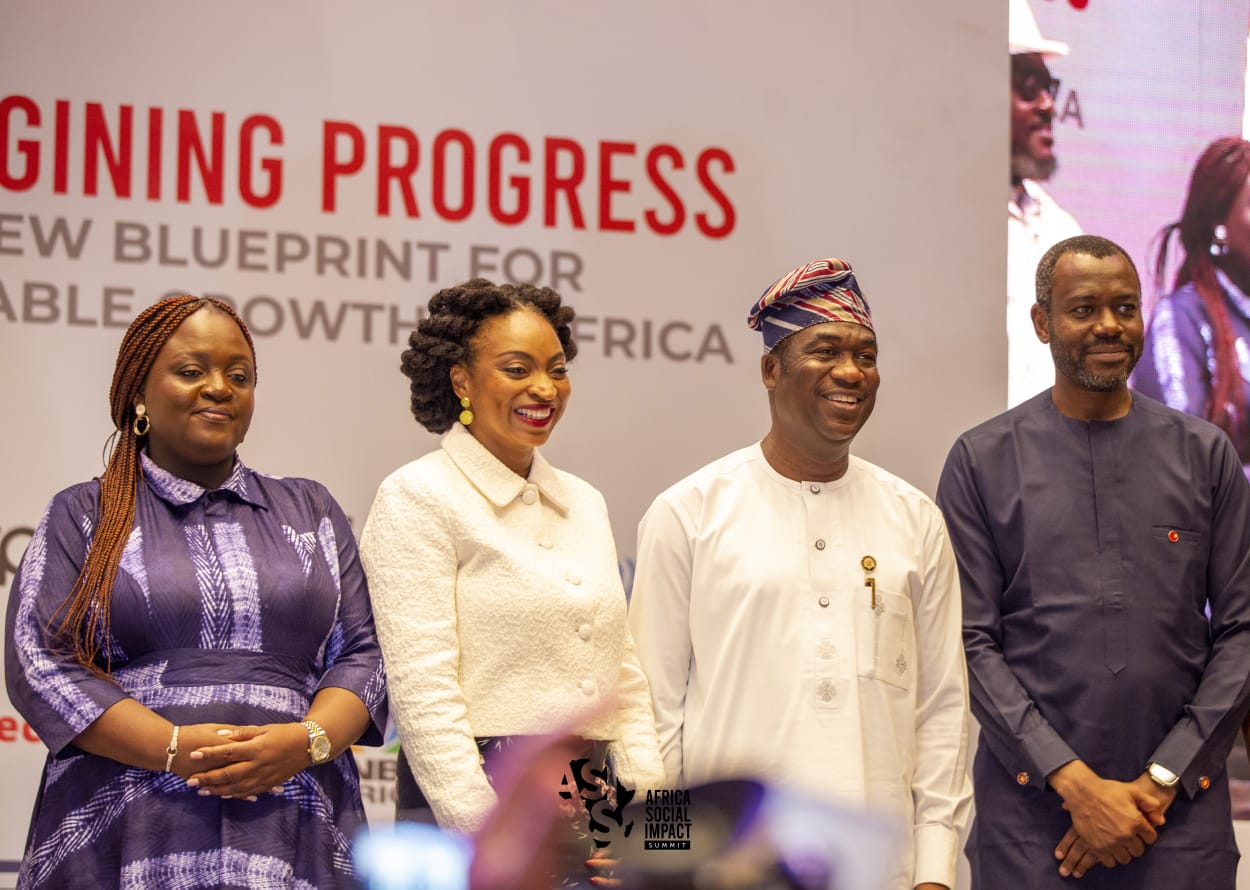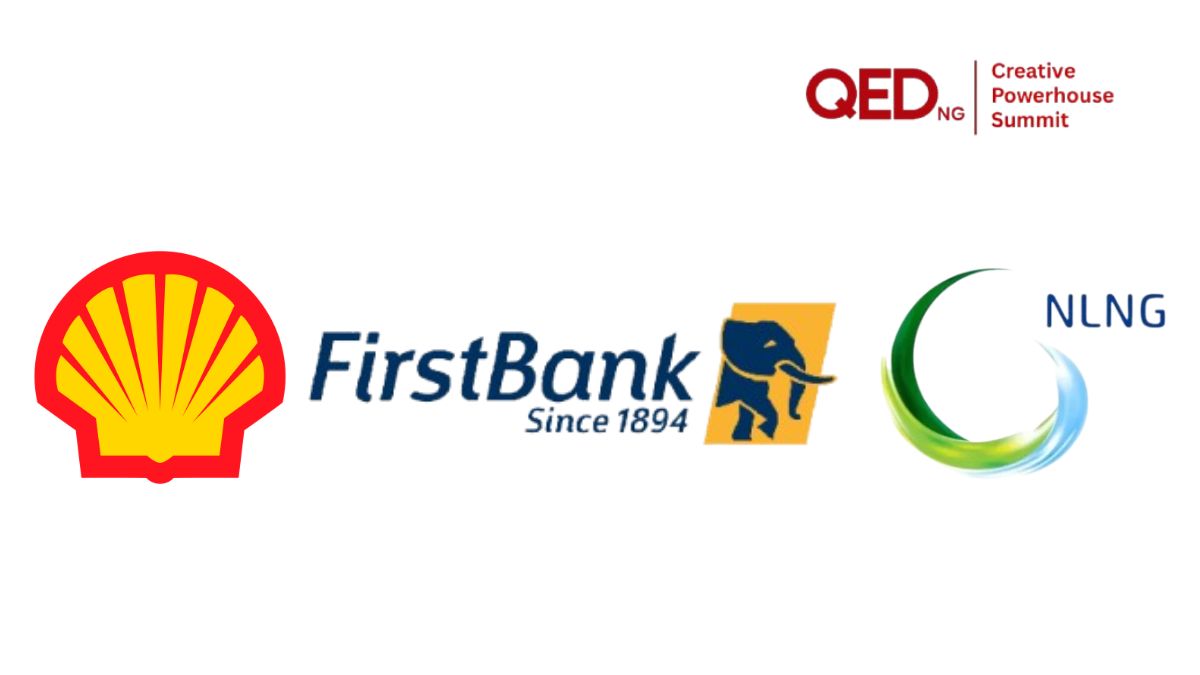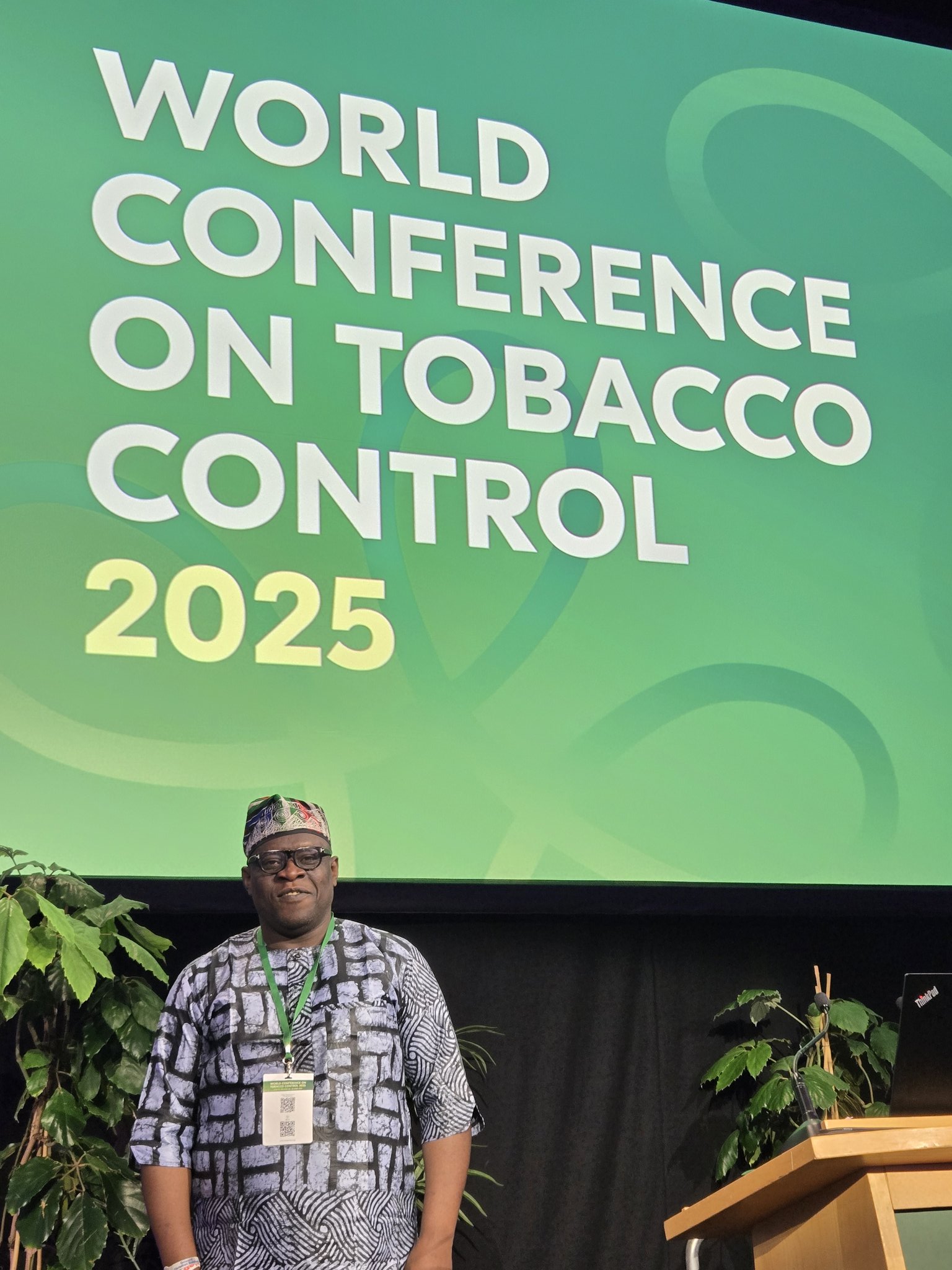Global Leaders, Stakeholders Commit To Bold Solutions For Africa At ASIS 3.0

The Africa Social Impact Summit (ASIS) 2024, co-convened by The Sterling One Foundation and the United Nations, was held at the Eko Convention Center from July 25-26.
This landmark event highlighted the importance of collaboration across sectors, bringing together private sector organizations, NGOs, and other stakeholders to tackle Africa’s most pressing challenges.
A significant outcome of the summit was the commitment to developing a resource allocation framework aimed at addressing healthcare issues across the continent.
ASIS 2024, the largest hybrid gathering of leaders in the African development sphere, underscored the crucial role of the private sector in driving innovative and sustainable solutions for Africa’s future.
The event kicked off with a keynote address by United Nations Deputy Secretary-General Amina Mohammed. “Sustainable growth must include climate resilience, leveraging technology, and private sector innovations,” she stated, urging attendees to “recommit to the 2030 agenda with a focus on inclusivity, impact, and inspiration.”
A diverse gathering of government officials, business executives, and development experts participated in the summit.
Olapeju Ibekwe, CEO of The Sterling One Foundation, emphasized the necessity of collaboration: “No single entity can address the multifaceted challenges we face. Through partnerships, we can harness diverse expertise and resources to tackle issues ranging from healthcare to climate resilience.”
An Investor Roundtable, organized by the Lagos State Government in collaboration with various organizations, opened the summit.
Lagos State Executive Governor Babajide Sanwo-Olu’s presence underscored the government’s commitment to fostering a favorable environment for sustainable development.
Throughout the summit, the indispensable role of the private sector in Africa’s future growth was a recurring theme.
Abubakar Suleiman, CEO of Sterling Bank, noted, “Creating a market for social impact means ensuring there is information, trust, and efficient allocation of resources.”
Deputy Governor of Lagos State Obafemi Hamzat presented the “THEMES PLUS” initiative, which promotes development in crucial sectors. “ASIS 2024 must serve as a catalyst for collaboration and action,” Hamzat declared, highlighting the importance of public-private partnerships.
Jumoke Oduwole, representing Vice President Kashim Shettima, called for a paradigm shift in economic thinking.
“It is time for action; we must move beyond rhetoric and focus on solutions with tangible impact,” she asserted. “Africa can lead the way in a new model that balances prosperity, the environment, and equity.”
A significant highlight was the “Bold Actions Meeting” on the second day, where fifteen commissioners of health from various Nigerian states convened to focus on healthcare challenges.
Zouera Yousouffou, CEO of the Aliko Dangote Foundation, candidly addressed the need for a shift from diagnosis to intervention.
“Africa does not have the necessary resources or organizational framework to address health-related problems,” she said.
ABC Health CEO Mories Atoki pointed out the politicization of partnerships as a major barrier, while Dr. Tayo Aduloju, CEO of the Nigerian Economic Summit Group, stressed the importance of delivering tangible outcomes over empty promises.
The summit also tackled the integration of displaced persons into the workforce.
A panel led by H.E. Mrs. Toyin Saraki, founder of Wellbeing Foundation Africa, discussed strategies for the economic empowerment of this vulnerable population, featuring insights from UNHCR representatives and refugees.
Professor Akin Abayomi, Lagos State Commissioner of Health, highlighted the foundational importance of moral leadership and education, noting, “Leaders don’t just happen; they are made through education and training.”
The summit facilitated the formation of new partnerships aimed at addressing healthcare, climate resilience, and economic empowerment.
Attendees committed to actionable plans, including the development of a resource allocation framework and initiatives to integrate displaced persons into the workforce.
ASIS 2024 brought together top leaders from diverse sectors, underscoring a collaborative approach to sustainable development.
The active participation of high-level officials and experts, combined with the tangible commitments made, reinforces the credibility and impact of the summit.













